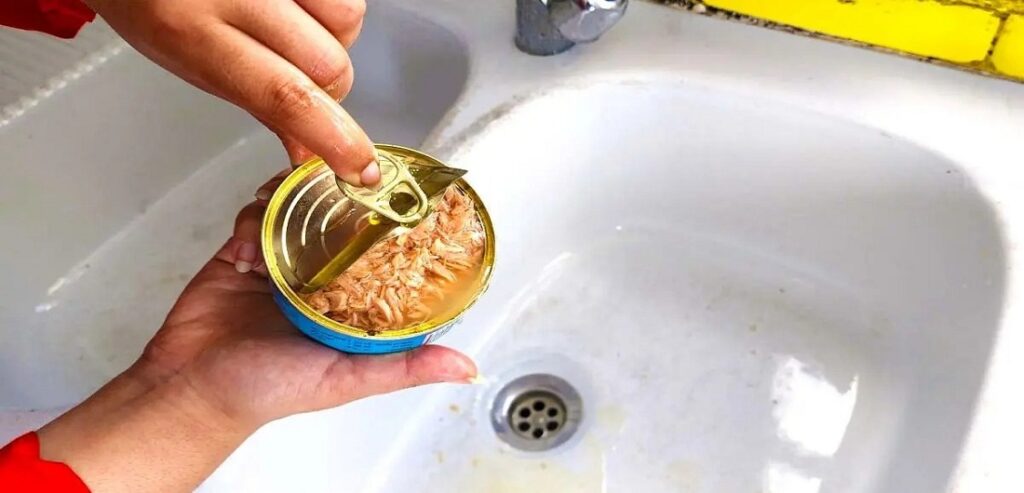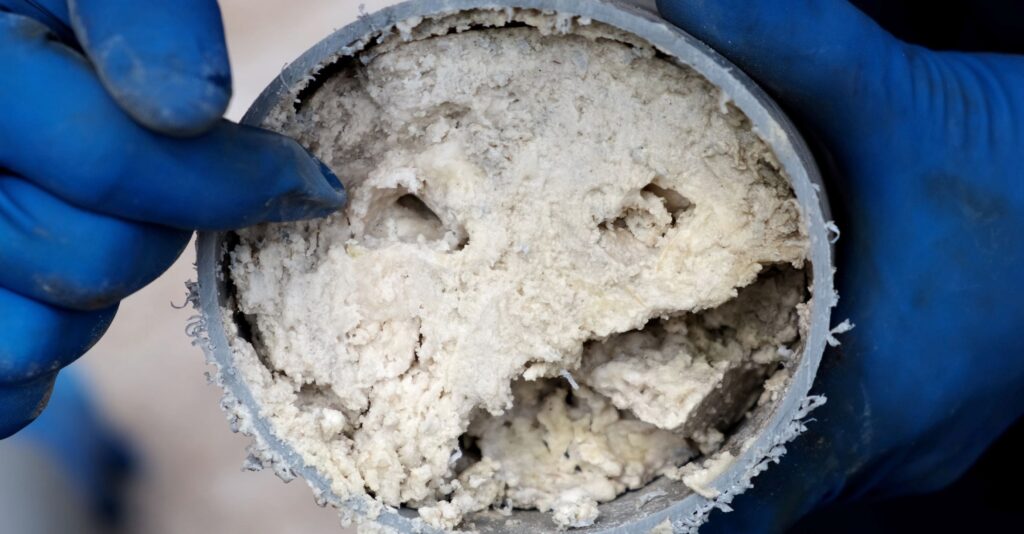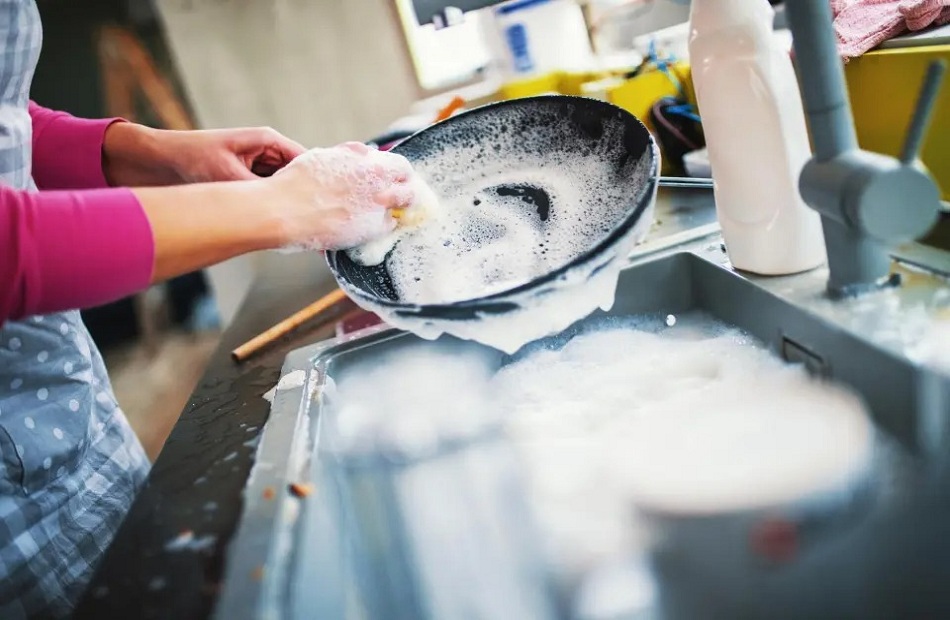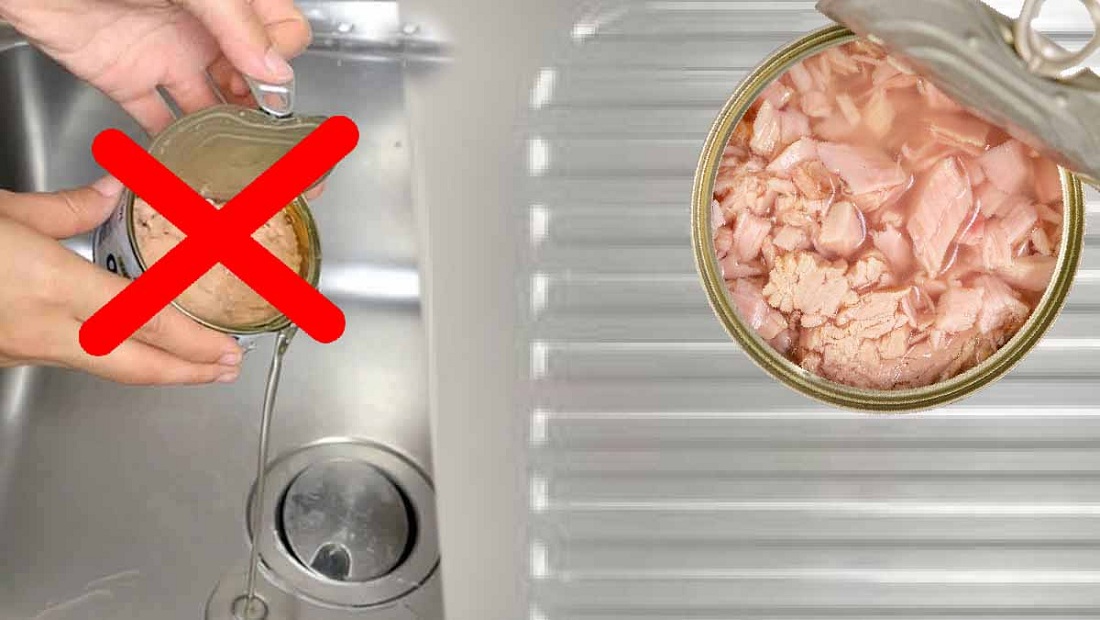You think pouring your tuna oil down the sink isn’t a big deal. But boy, aren’t you so wrong about that.
What many people don’t know is that throwing any type of oil down your sink is a big risk. You should never flush oil down the toilet or down the sink drain. It can cause problems for your home’s plumbing as well as the city’s sewage system. It’s also not a good idea to put oil in a septic system. Your pipes, and even worse, your distribution lines and drainage field, could become clogged.
Reasons Why You Shouldn’t Pour Tuna Oil Down the Sink
Fats, oils, and grease (FOG) can clog the pipes in your home and your wastewater (sanitary sewer) system over time. The garbage disposal will not digest FOG if it ends up down the drain. In contrast, it cools in the sewage system and then sticks to the pipe walls, leading to FOG buildup. Because of the accumulation, untreated sewage may flow backwards down the sewer system, either out of the manholes or into your house or your neighbor’s house.
If FOG mixes with other products, such as wipes, cotton swabs or dental floss, clogs can emerge faster. On top of making a mess, sewer backups can damage property, cost more to fix, and hurt the environment.
By properly discarding your tuna oil, you may help keep FOG from clogging drains and damaging your sewer system.

Common Sources of FOG
- Meats (fish, poultry skin, bacon fat)
- Cooking agents (cooking oil, butter, cooking oil, shortening, lard)
- Products made from milk and other lactic-acid bacteria (milk, cream, ice cream, sour cream)
- Sauces like gravy, salad dressing, and mayonnaise
- Frosting and peanut butter
- Used oil from turkey fryers, which is common around the holidays.
Keep Your Drains FOG-Free
- Fill a sealable container with cooled FOG and dispose it in the garbage or transport it to an oil recycling center.
- Scrape FOG food leftovers into the trash or compost, as necessary, before washing your plates.
- Soak up residual FOG with paper towels and dump them in the garbage.
- Put strainers in the sink to collect leftovers.

The Greasy Facts
- It is impossible to remove FOG using just soap and hot water. Soap and hot water do not dissolve FOG, they merely transport it deeper down your pipes, where it will ultimately cool and harden, and can still clog sewer systems and create backups.
- The use of a garbage disposal won’t get rid of FOG. Greasy, fatty meals are ground up by garbage disposals, yet they still stick to pipes.
- FOG should not be flushed either. Your home’s drains, sinks, toilets, showers, bathtubs, dishwasher, and sinks all drain into a central sewer line. All drains feed into one central sewer system.


